Top Essential Oils for Cleaning: Natural Solutions for a Fresh Home
Are you tired of exposing your family to harsh chemicals found in traditional cleaning products like Pinesol or Lysol? It’s time to ditch the chemical-laden cleaners and embrace a more natural, effective, and healthier alternative: essential oils. These powerful plant extracts not only tackle dirt, grime, and germs but also infuse your home with fresh, uplifting aromas.
Imagine a cleaning routine that not only gets the job done but also supports your well-being and the environment. In this guide, we’ll reveal the top essential oils for every cleaning task and share easy DIY recipes that put you in control of what goes into your cleaning solutions. Let’s transform your home into a clean, safe, and fragrant sanctuary—naturally!
Essential Oils Cleaning Hacks: Quick Tips for a Healthier, Greener Home
- Ditch the Chemicals: Essential oils offer a natural, non-toxic alternative to conventional cleaning products, ensuring a safer, healthier home environment.
- Powerful Cleaning Agents: Lemon, peppermint, and tea tree oils are just a few of the essential oils with potent antibacterial, antifungal, and deodorizing properties—perfect for tackling germs and grime.
- Customizable and Cost-Effective: Creating your own cleaning solutions with essential oils allows for complete control over ingredients, tailoring each recipe to suit your specific needs while saving money.
- Versatility at Its Best: From all-purpose cleaners and glass sprays to mold-fighting solutions and dish soaps, essential oils can be used to make a wide range of effective cleaning products.
- Safe for Families and Pets: With proper dilution and usage, essential oils provide a safer cleaning option around children and pets, reducing exposure to potentially harmful chemicals.
- Eco-Friendly Solutions: Reusable cleaning wipes and homemade sprays made with essential oils help reduce waste and environmental impact, promoting a more sustainable lifestyle.
- Aromatic Benefits: Beyond cleaning, essential oils like lavender, eucalyptus, and citrus blends offer mood-enhancing and stress-relieving benefits, turning your cleaning routine into a therapeutic experience.
- Combat Mold and Mildew Naturally: Tea tree oil and lemon oil are powerful allies in the fight against mold and mildew, keeping your bathroom and other damp areas clean and fresh.
- Simple, Effective Recipes: Easy-to-make DIY recipes ensure your cleaning products are as effective as store-bought options, without the harsh chemicals.
- Enhanced Air Quality: Using essential oils in your cleaning routine can improve indoor air quality, eliminating the need for synthetic fragrances and reducing pollutants.
Essential Oils: A Safer Cleaning Alternative
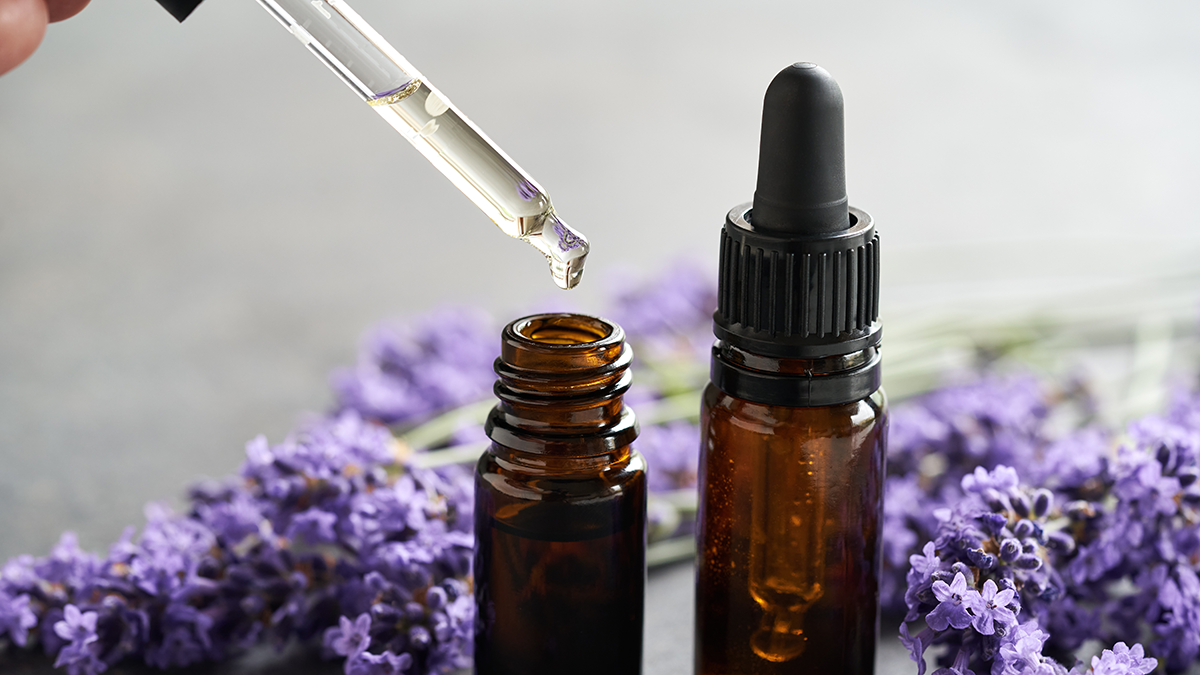
Conventional cleaning products often contain harmful toxins that can negatively impact our health. Common issues linked to these toxins include irritation, respiratory problems, neurotoxicity, and even cancer. These health concerns make finding safer alternatives not just a preference but a necessity.
Essential oils offer a natural, non-toxic way to clean. They have antibacterial, deodorizing, and degreasing properties that are effective on various surfaces. Incorporating them into your routine reduces indoor air pollution and eliminates harmful chemicals.
Essential oils are versatile, safe, and inexpensive for cleaning. They can be used in many ways around the house, from greasy kitchen counters to freshening up living rooms, promoting a healthier home environment with pure essential oils and orange oil.
Popular Essential Oils for Cleaning
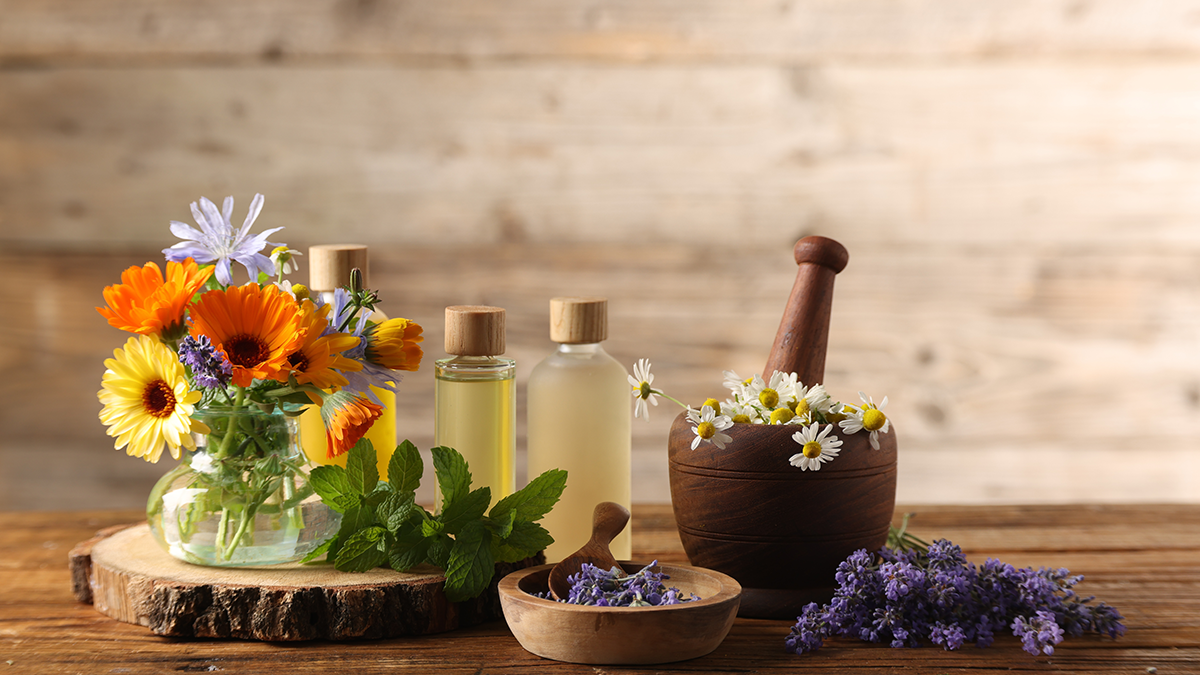
When it comes to cleaning, not all essential oils are created equal. Some oils stand out for their powerful cleaning properties and delightful scents. Lemon essential oil is often considered the best essential oil for cleaning, thanks to its natural degreasing and antibacterial abilities. Citrus oils like lemon, orange, and grapefruit are particularly effective for cleaning greasy surfaces.
Peppermint oil, with its antimicrobial and antifungal properties, is another excellent choice for cleaning. Tea tree oil, known for its strong antifungal properties, is commonly used to combat mold and mildew. Eucalyptus oil is not only effective in preventing illness but also works well with tea tree oil to fight germs, bacteria, and viruses.
Other noteworthy oils include lemongrass, which has strong antimicrobial properties, and carrot seed oil, known for its antibacterial capabilities, particularly against E. coli. Each of these oils brings something unique to the table, making them indispensable in your cleaning arsenal.
Highlighting Key Essential Oils for Cleaning
Lemon Essential Oil: Renowned for its fresh, uplifting scent, Lemon essential oil contains up to 70% limonene, a potent natural solvent and degreaser. Its strong antibacterial and antifungal properties make it an excellent choice for cleaning surfaces and eliminating unpleasant odors, especially in kitchens and bathrooms.
Tea Tree Oil: Packed with terpinen-4-ol, Tea Tree oil is a powerhouse against bacteria, viruses, and fungi. This makes it an ideal disinfectant for surfaces, as well as an effective solution for preventing and treating mold growth in damp areas like bathrooms and basements.
Eucalyptus Oil: Known for its refreshing aroma, Eucalyptus oil is rich in 18-cineole, a compound with significant antimicrobial properties. It’s particularly effective for cleaning and deodorizing spaces that are prone to bacteria and viruses, such as kitchens and entryways.
Creating Your Own Cleaning Solutions with Essential Oils
One of the greatest advantages of using essential oils is the ability to create your own cleaning solutions. This not only ensures that you know exactly what ingredients are being used but also allows for customization to suit your specific needs. Common ingredients in these DIY solutions include vinegar, baking soda, hydrogen peroxide, and, of course, essential oils.
Safety Note: The safety of essential oils depends on factors such as age, health conditions, and medications. Eucalyptus and peppermint oils should be used cautiously around infants and children due to potential toxicity.
Here are some easy-to-make recipes to get you started:
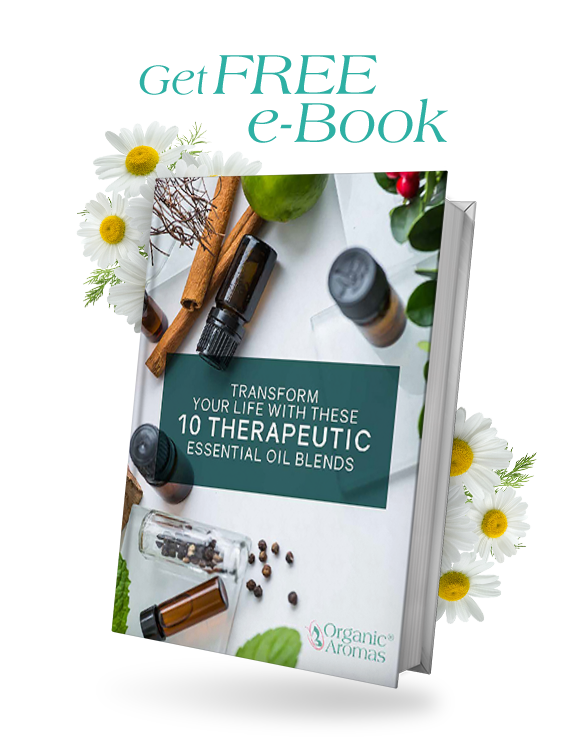
Sign Up to Get Your FREE Essential Oils e-Book Here
All-Purpose Cleaner Recipe
Creating an all-purpose cleaner is simple and highly effective. Start by mixing vinegar and water in a spray bottle, then add about 15 drops each of lavender and lemon essential oils. This combination not only cleans but also leaves a refreshing scent. Shake well before each use and spray on surfaces to clean countertops, sinks, and more with your favorite cleaning liquids.
This cleaner is versatile, handling various tasks around the house. Its natural ingredients make it safe for family and pets, making it a go-to for everyday cleaning.
Glass Cleaner Recipe
For a streak-free shine on glass surfaces, try this DIY glass cleaner recipe. Combine 1 cup distilled water, 1 cup white vinegar, 10 drops of peppermint oil, and 10 drops of lavender oil in a spray bottle. Shake well and spray on glass surfaces. Wipe with a clean, dry cloth for a spotless finish. The essential oils not only help clean but also leave a pleasant scent.
DIY Floor Cleaner Recipe
For sparkling floors, try this DIY floor cleaner recipe. Combine water, white vinegar, and a few drops of dish soap in a bucket. Add 10 drops each of pine and lemon essential oils. The pine oil helps cut through grime, while the lemon oil leaves your floors smelling fresh. Mix well and mop as usual.
High-purity essential oils require fewer drops for effective cleaning. This recipe works well on hardwood, tile, and linoleum floors, offering a natural, efficient way to keep your home clean.
Bathroom Mold and Mildew Spray
Combat mold and mildew in the bathroom with this effective spray. Mix 1 cup water, 1/4 cup hydrogen peroxide, 20 drops of tea tree oil, and 10 drops of lemon oil in a spray bottle. Spray on areas affected by mold or mildew, let it sit for 10 minutes, then scrub and rinse. The tea tree oil’s antifungal properties make this a powerful solution for keeping your bathroom clean and fresh.
Reusable Cleaning Wipes Recipe
Reusable cleaning wipes are an eco-friendly alternative to disposable ones. To make these wipes, soak cloth squares in a solution of water, white vinegar, and a few drops of your favorite essential oil. Store the wipes in an airtight container, and use them to clean various surfaces like toilet seats, light switches, and remote controls.
These wipes are effective and help reduce waste. They can be washed and reused, making them a sustainable choice for your cleaning routine.
Homemade Dish Soap Recipe
For a natural dish soap, mix water, castile soap, and a few drops of grapefruit and pine essential oils in a bottle. This combination enhances cleaning power and leaves a fresh scent. Shake well before each use, and enjoy the sudsy, effective cleaning action that’s gentle on your hands.
This dish soap is tough on grease but gentle on skin. Grapefruit oil adds a refreshing aroma, making dishwashing more pleasant.
Naturally Freshen Your Home with Essential Oils
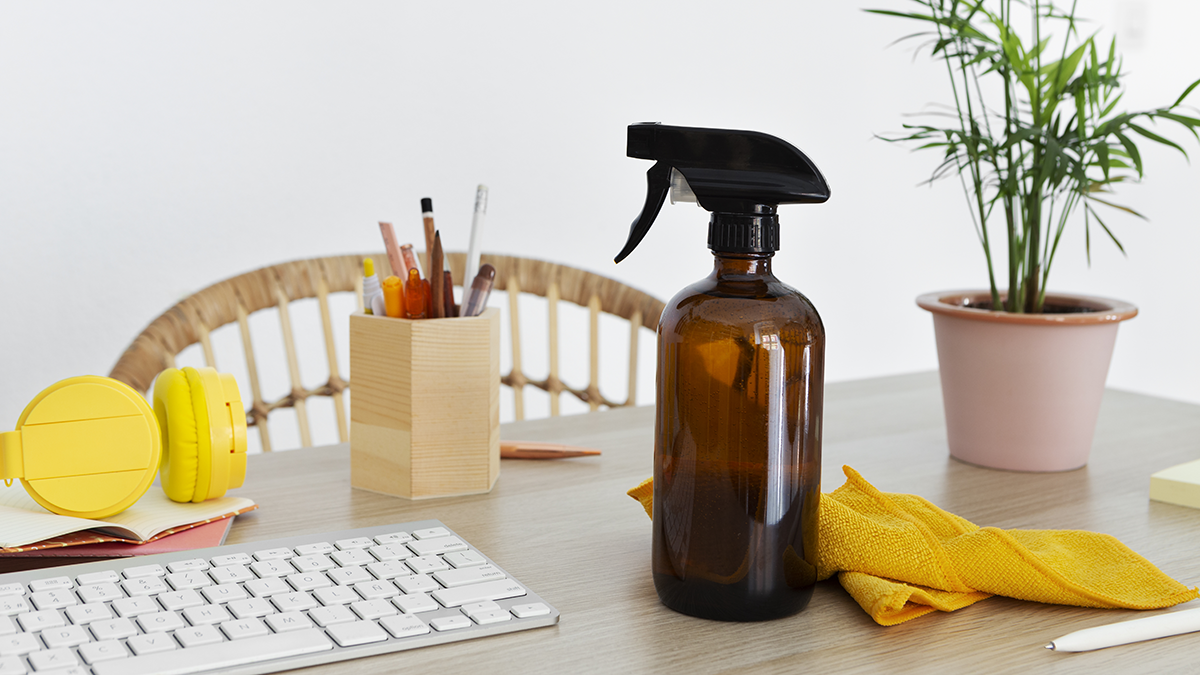
Essential oils are not just for cleaning; they can also be used to freshen your home naturally. These oils can mask and eliminate unpleasant smells in various locations, providing a holistic solution to keeping your house smelling fresh. From DIY room sprays to linen sprays, there are numerous ways to incorporate these natural scents into your daily life.
Using essential oils to freshen your home offers an array of benefits. They are natural, safe, and can be customized to suit your preferences.
Here are some simple recipes to keep your home smelling delightful.
DIY Room Spray Recipe
Creating a DIY room spray is easy and customizable. To ensure that the essential oils blend well with the water, start by filling a spray bottle with 1 part grain alcohol (such as vodka) and 4 parts distilled water. The alcohol acts as an emulsifier, helping the oils mix more thoroughly. Then, add about 20 drops of your favorite essential oils. Common combinations include floral, herbal, and citrus blends. For a refreshing air freshener, mix equal parts of orange, grapefruit, and lemon oils, each with 7 drops.
Different combinations can create unique, personalized scents, making your home feel inviting and fresh.
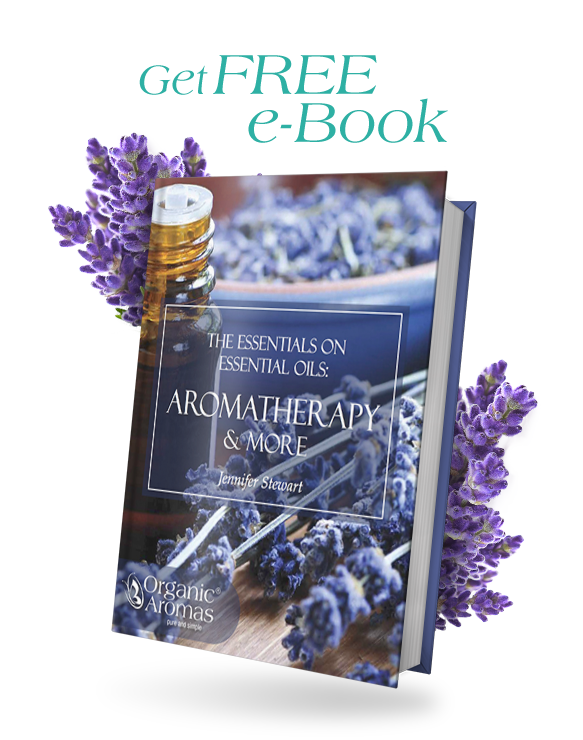
Sign Up to Get Your FREE
e-Book Here…
DIY Linen Spray
A DIY linen spray can add a calming, fresh scent to your home textiles. Fill a spray bottle with 1 part grain alcohol and 4 parts distilled water to help the essential oils disperse evenly. Add 10 drops of lavender oil. This simple spray can be used on sheets, pillows, and curtains to create a soothing atmosphere.
Lavender oil in your linen spray freshens linens and provides a calming effect, perfect for a relaxing home environment.
DIY Car Freshener
Keep your car smelling fresh with a DIY car freshener. Mix 1 part grain alcohol with 4 parts distilled water in a spray bottle, and then add a few drops of your favorite essential oils. A blend called ‘Stress Easy,’ which might include oils like lavender, chamomile, and bergamot, can be particularly effective. Use the freshener as needed to maintain a pleasant environment in your car.
This simple solution is effective, allows for even dispersion of the oils, and lets you customize the gentle scent to your liking.
Refrigerator Deodorizer
Neutralize odors in your refrigerator with a natural deodorizer. Combine baking soda with a few drops of lemon essential oil and place the mixture in an open container inside your fridge. The baking soda absorbs odors, while the lemon oil leaves a fresh scent.
This simple, effective solution keeps your refrigerator smelling fresh without harsh chemicals.
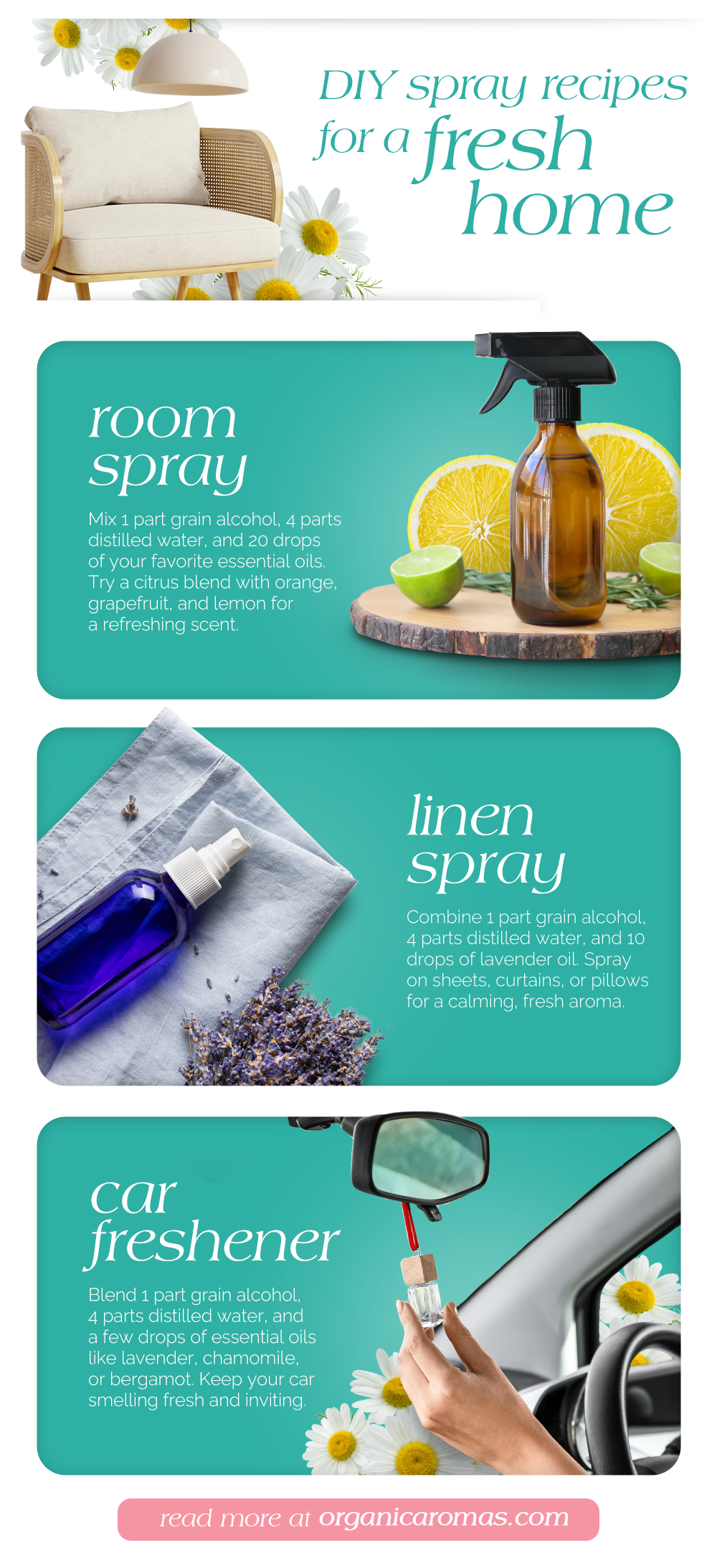
Special Considerations When Using Essential Oils for Cleaning
While essential oils are a fantastic natural cleaning solution, there are special considerations to keep in mind. Proper dilution is crucial to avoid potential irritation and adverse health effects. Always dilute essential oils before applying them directly to surfaces or using them in cleaning solutions.
Understanding VOCs (Volatile Organic Compounds): VOCs are chemicals that can easily become vapors or gases at room temperature, contributing to indoor air pollution. While essential oils are generally safer than synthetic chemicals, they do contain natural VOCs, such as limonene and alpha-pinene, which are part of what gives essential oils their aroma and therapeutic properties.
Potential Emission Scenario: When essential oils are heated, either through cleaning with hot water or using them in diffusers, they can release VOCs into the air. For instance, if you use a high concentration of lemon essential oil (rich in limonene) in a hot water-based cleaning solution, the heat may cause the oil to emit more VOCs into the air. In poorly ventilated spaces, this could potentially affect indoor air quality and pose respiratory risks, especially to those with sensitivities or respiratory conditions like asthma.
Be aware of these potential risks, and ensure good ventilation when using essential oils for cleaning. Following safety precautions, such as using appropriate dilution ratios and avoiding excessive heat, can help minimize these risks.
Pet Safety and Essential Oils
Pets are particularly sensitive to essential oils, and certain oils can pose health risks if ingested or absorbed through the skin. Cats, for instance, can experience toxicity from many commonly used oils, including tea tree oil. Birds are also highly sensitive to essential oils, and diffusers should not be used around them.
Avoid applying essential oils directly on pets and use them sparingly in areas where pets frequent. Consult your veterinarian if you have concerns.
Dilution Guidelines
Proper dilution is crucial for safe and effective cleaning. Essential oils should generally be diluted to below 5% concentration. For most cleaning tasks, 10-20 drops per bottle of solution is sufficient.
For topical applications, a 1% dilution is recommended, achieved by mixing 6 drops of essential oil with one ounce of a carrier oil. Always check the label for purity and composition before use.
Essential Oil Side Effects
Essential oils can cause various side effects, including skin irritation, dizziness, and gastrointestinal issues. Some individuals may experience adverse reactions like redness, rash, or rapid heartbeat.
Consult a healthcare provider or a medical doctor before using essential oils, especially if you have medical conditions such as cancer or epilepsy. This ensures safe use and helps avoid potential interactions with medications.
Tips for Effective Cleaning with Essential Oils
When it comes to using essential oils for cleaning, a few tips can help you maximize their effectiveness. First, always store your essential oils in glass or aluminum containers. Essential oils can break down plastics over time, which can affect the quality and potency of the oils.
Incorporate common household ingredients like vinegar and baking soda with your essential oils to create powerful cleaning solutions. Customize these solutions based on your personal preferences and needs—whether it’s for a specific scent or cleaning purpose.
Essential oils are cost-effective, requiring only a few drops per bottle, making them budget-friendly for maintaining a clean and pleasant home. Using them alongside commercial cleaners can enhance effectiveness and add a refreshing aroma.
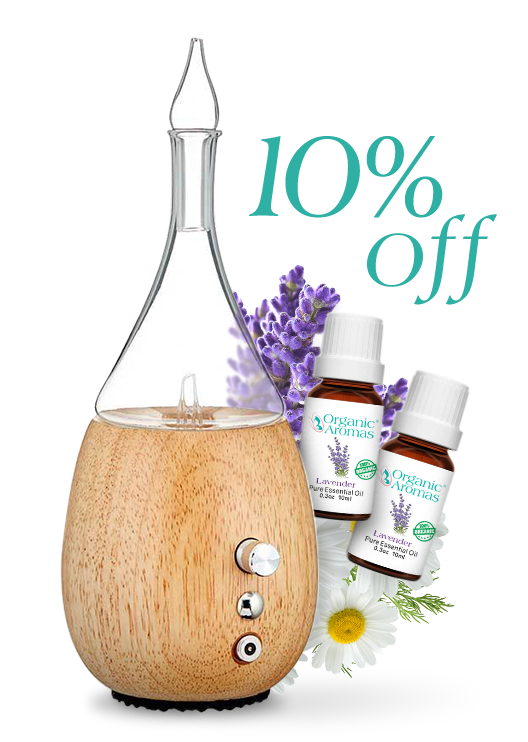
Join Now and Get a Coupon for 10% Off!
Best Essential Oils for Specific Cleaning Tasks
Different cleaning tasks often require specific essential oils due to their unique properties. Basil oil is excellent for kitchen cleaning due to its antibacterial, antiviral, and antifungal properties. Peppermint oil, which is antimicrobial and antifungal, also deters spiders and is useful for general cleaning.
Thyme oil, with its potent antibacterial properties, is particularly effective in kitchen environments, especially for targeting harmful bacteria like Salmonella and E. coli, making it an essential addition to your cleaning arsenal for surfaces that come into contact with food.
In bathrooms, lemon essential oil shines as an all-purpose cleaner, especially for removing soap scum and disinfecting surfaces. Eucalyptus oil is beneficial for combatting mold and mildew, making it perfect for damp areas.
Clove oil, rich in eugenol, offers powerful antiseptic qualities, making it an ideal choice for disinfecting surfaces prone to germs, such as toilet seats and bathroom counters. Its strong antimicrobial properties make it particularly effective in maintaining a hygienic bathroom environment.
In bedrooms, lavender oil cleans and provides a calming scent, making it ideal for linens and pillows.
Carrot seed essential oil, rich in the compound carotol, possesses strong antibacterial properties that make it effective against harmful microorganisms like E. coli, making it suitable for cleaning and disinfecting various surfaces.
Favorite Essential Oil Combinations for Cleaning
Combining essential oils enhances their cleaning power and creates delightful aromas. A popular all-purpose cleaner blend includes lavender and lemon essential oils, which clean effectively and leave a refreshing scent.
For a refreshing air freshener, mix wild orange, grapefruit, and lemon oils. This combination is perfect for uplifting any room with a bright, citrusy aroma. Citrus blends like wild orange and peppermint can also be used to freshen trash cans or as a natural degreaser.
For disinfecting, a blend of lavender, wild orange, and tea tree oil is highly effective. These oils work together to clean and sanitize, making them a powerful combination for various tasks.
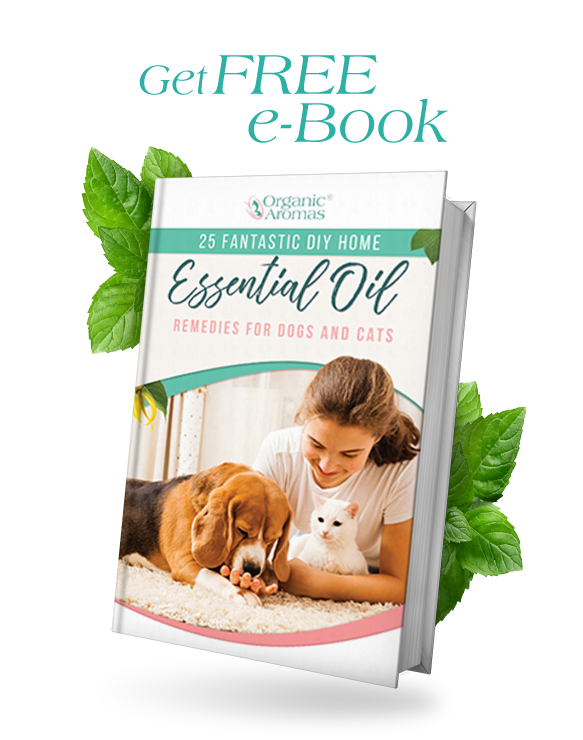
Sign Up to Get Your FREE Pets
e-Book Here…
Using a Nebulizing Diffuser for a Cleaner Environment and Enhanced Well-being
A nebulizing diffuser can be a game-changer for both cleaning and well-being. These devices disperse essential oils without heat or water, preserving their therapeutic properties. Implementing a nebulizing diffuser in your home can help eliminate mold and bacteria, improve air quality, and boost your mood.
Using a timer and multiple diffusers offers various benefits throughout your home. Whether purifying the air, uplifting spirits, or enjoying the aromatic ambiance, nebulizing diffusers are highly effective for enhancing your living environment.
Transform Your Cleaning Routine: Harness the Power of Essential Oils for a Healthier, Chemical-Free Home
Cleaning with essential oils offers a natural, safe, and effective alternative to conventional cleaning products. By incorporating essential oils into your cleaning routine, you can reduce indoor air pollution, eliminate harmful chemicals, and enjoy the uplifting aromas they provide. From all-purpose cleaners to specialized solutions for floors, dishes, and even your car, essential oils are versatile and beneficial.
Creating your own cleaning solutions allows you to control the ingredients and customize them to your needs. Popular essential oils like lemon, tea tree, and eucalyptus offer powerful cleaning properties, while combinations of oils can enhance their effectiveness and create pleasant scents.
Remember to follow safety guidelines, especially when it comes to dilution and pet safety. With these tips and recipes, you can maintain a clean, fresh, and healthy home environment naturally. Embrace the power of essential oils and transform your cleaning routine today!
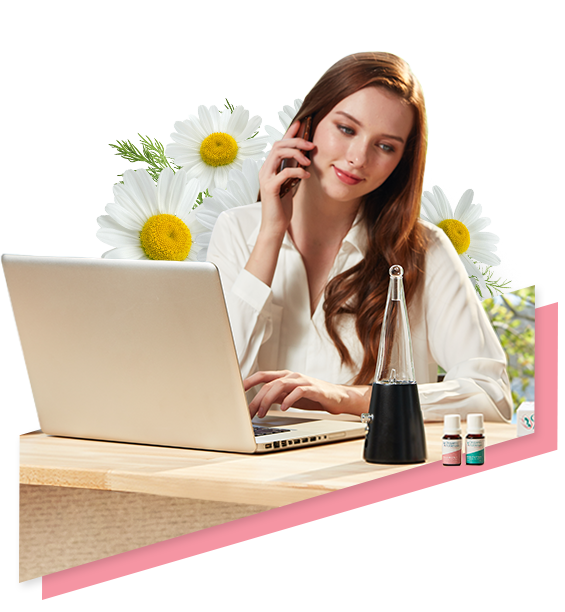
Join Our Exclusive Member Club to get Big Discounts!
Frequently Asked Questions
What essential oils are best for cleaning?
Lemon oil and tea tree oil are fantastic choices for cleaning due to their strong antibacterial properties. Incorporating these oils, along with eucalyptus and peppermint, can leave your home not only clean but also refreshingly scented!
Can essential oils replace all my conventional cleaning products?
Essential oils can effectively replace many conventional cleaning products, especially when combined with natural ingredients like vinegar and baking soda. Just experiment to find the perfect mix for your cleaning needs!
Are essential oils safe to use around pets and children?
Essential oils can be safe around pets and children when used correctly, but it’s important to avoid certain oils that may be toxic. Always dilute them and seek advice from a healthcare provider or veterinarian to ensure a safe environment.
How do I dilute essential oils for cleaning purposes?
Diluting essential oils for cleaning is simple and effective—just use 10-20 drops per bottle of your cleaning solution. Enjoy the fresh scent and natural cleaning power they bring to your home!
Can I use essential oils in my laundry?
Absolutely! Using essential oils in your laundry can give your clothes a delightful fragrance and help disinfect them. Just add a few drops to the rinse cycle or use them on dryer balls for a fresh boost!

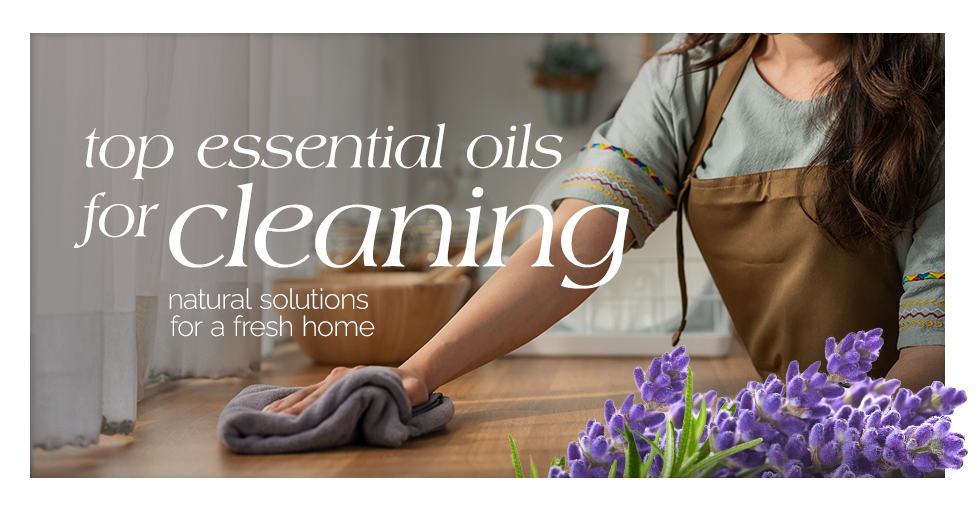
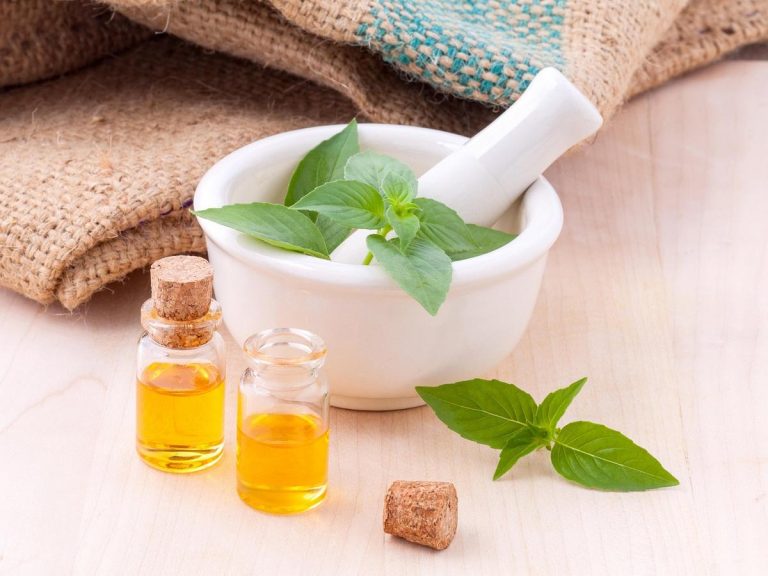
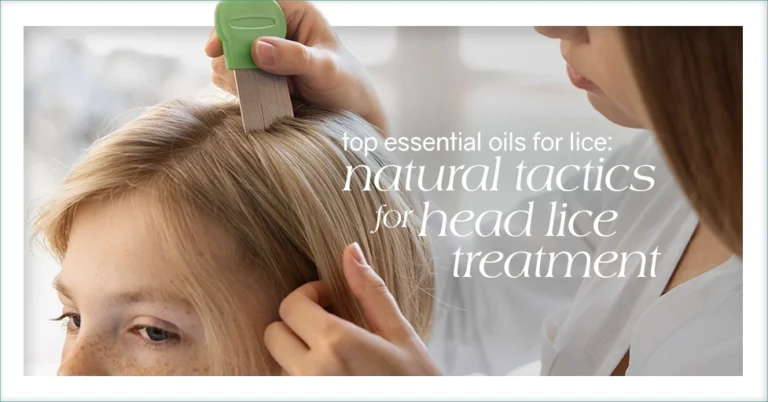
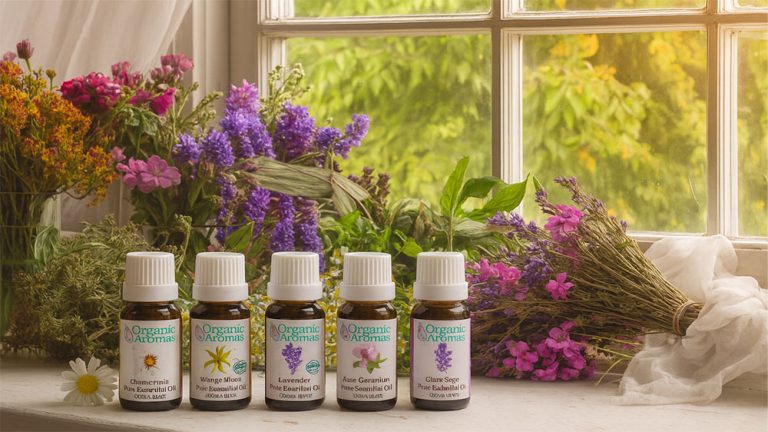
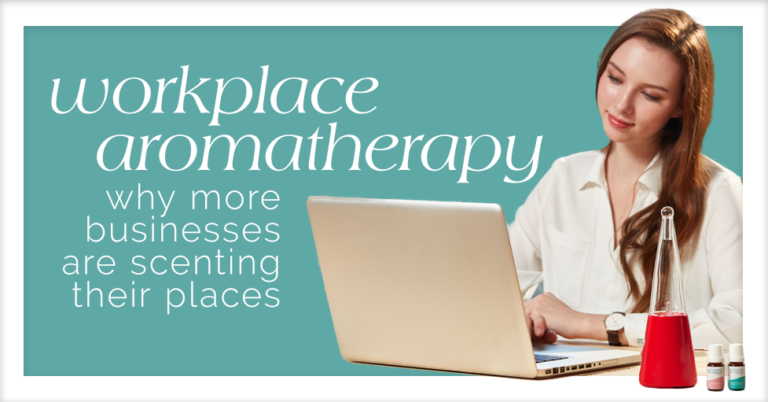
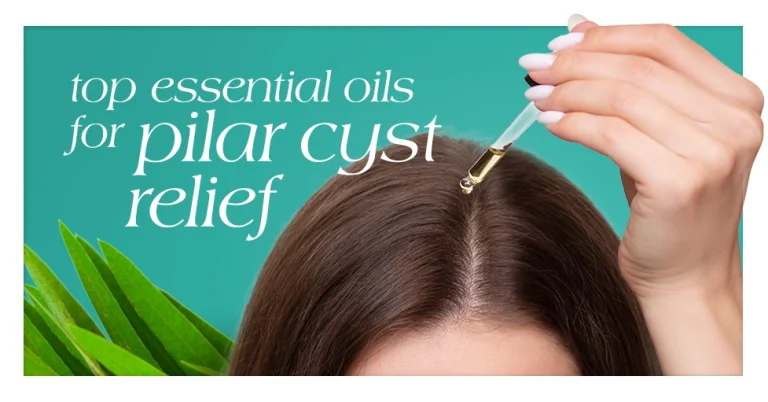

Very interesting